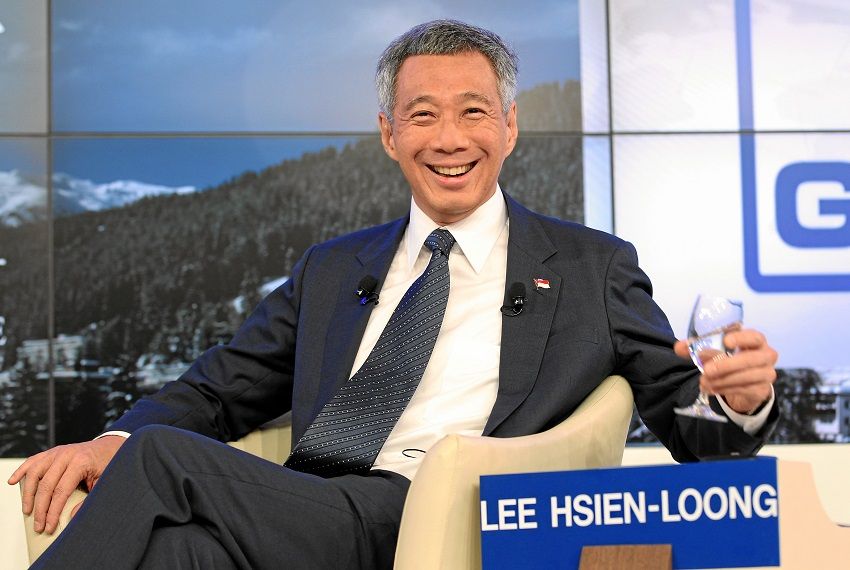Digital disruption is Singapore’s ‘defining’ challenge: PM Lee
By Medha Basu
Government must anticipate trends, and help people adapt, said Prime Minister Lee Hsien Loong.

Digital disruption is the “defining challenge” facing Singapore’s growth, Prime Minister Lee Hsien Loong said at the National Day Rally 2016.
“Old models are not working; new models are coming thick and fast; and we are having to adjust and to keep up because of technology and globalisation,” he said.
Singapore must “embrace change” to continue progress, he added. The government must help older businesses adapt to the new business models.
“We have to anticipate what's coming. We have to help companies and workers to adapt,” he said. For instance, the government is working with taxi drivers and companies to level their playing field with ride-hailing apps, like Uber and Grab.
“Let the commuters enjoy better services, but help incumbents, and especially help the taxi drivers, to adapt to the changes. And that's what we are doing,” he said.
Prime Minister Lee also outlined the impact of disruption in the retail industry. The sector employs 125,000 people in 16,000 companies in Singapore.
As more shopping goes online, malls are becoming more of display fronts. But “it’s not just doom and gloom”, he added. “When you disrupt, you also create new jobs”.
For example, as a logistics and financial hub, Singapore can be a “major player” in South East Asia for e-commerce. There will also be new opportunities, such as digital marketing and data analytics, to understand customers’ buying habits online, he added.
The country cannot rest once this is done. “The disruption will happen over and over again, relentlessly,” the Prime Minister said. In transport, ride-hailing apps could be disrupted by “driverless cars running a taxi service”, he said.
Singapore has already planned for this new opportunity, and is starting trials of driverless taxis in One-North next year. The government must have an “overall strategy” to spot such new trends in advance and respond to them, he said.
It has set up the Committee for Future Economy to complete this job. The project is looking into three key themes and how Singapore can prepare for these: building new capabilities; promoting entrepreneurship; and developing new skills among people.
The government must “keep our economy growing so that our companies can be resilient, are able to keep on finding new ways to do business, [and] able to keep on employing Singaporeans in good jobs,” he said.